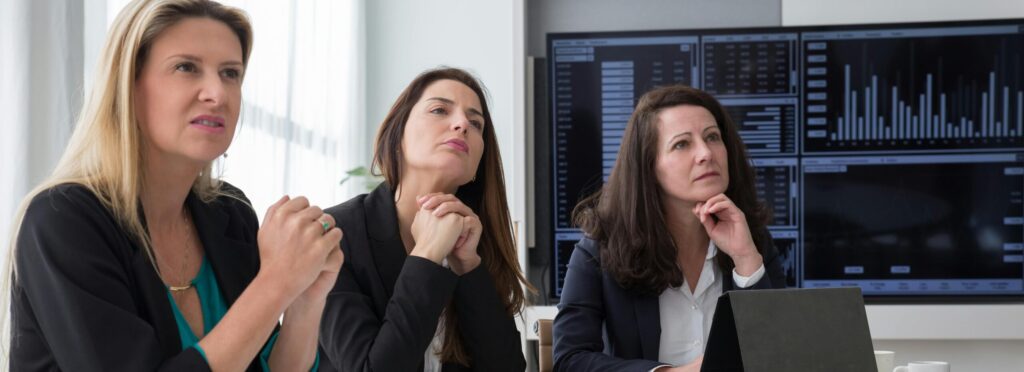
Gender Gap in taking Financial Risks
Is there a gender gap in taking financial risks? Recent research from Flagstone shows a persistent confidence gap between men and women when it comes to managing investments.
Just one in five women feel comfortable taking financial risks. Such as investing in stocks and cryptocurrency, to grow their wealth (20%). By comparison, over a third of men are willing to do so (36%). Notably, this suggests women are less likely to take financial risks to grow their wealth.
Furthermore, women are also less inclined to invest a large sum of money compared to men. Hence, roughly one in 10 women would prioritise investing for the future. Particularly, if they inherited a large sum (11%), compared to 17% of men. Instead, women tend to favour traditionally ‘safer’ financial decisions. Notably, investing in property (25%), paying off debts (24%), and saving in a bank account (14%).
Ultimately, this mirrors findings from Flagstone’s Savings Inertia Report. Similarly, women frequently show passive patterns in managing their finances. According to the report, men are twice as likely to have substantial savings that could earn significant interest.
Furthermore, stress appears to contribute to women’s lower financial confidence. Women are more likely to avoid making financial decisions because they find them stressful (17%). Although findings showed 12% of men feel similarly.
The impact of the Gender Pay Gap
As a result, these differences in financial behaviour are only widened by the gender pay gap. Although the pay gap is narrowing, women still earn less than men throughout their careers. Many also take prolonged career breaks. Subsequently, women would need to work for an additional 19 years on average to build the same pension pot as a man.
This helps to explain why there are 3.3m fewer female investors than male investors. Based on those currently investing, the average amount invested is £70,000 for women and £115,000 for men.
Proactive investment can help women regain momentum for their financial future. Additionally, seeking the right financial advice can help break the confidence barrier women face. Yet only 14% of women say they seek advice from a financial adviser.
Women are more likely to rely on family and friends to make financial decisions (17%). Men, on the other hand, are more likely to rely on advice from financial advisers (20%).
This habit is risky. Friends and family rarely see the full picture of your finances, and their advice often reflects their own experiences. Research shows those who take financial advice from family and friends alone are £42,000 worse off on average.
Is there a Gender Gap in taking financial risks? To understand how we can help you with your financial planning and long-term retirement goals, call us today. For a free initial consultation, call us on 01603-957599.
